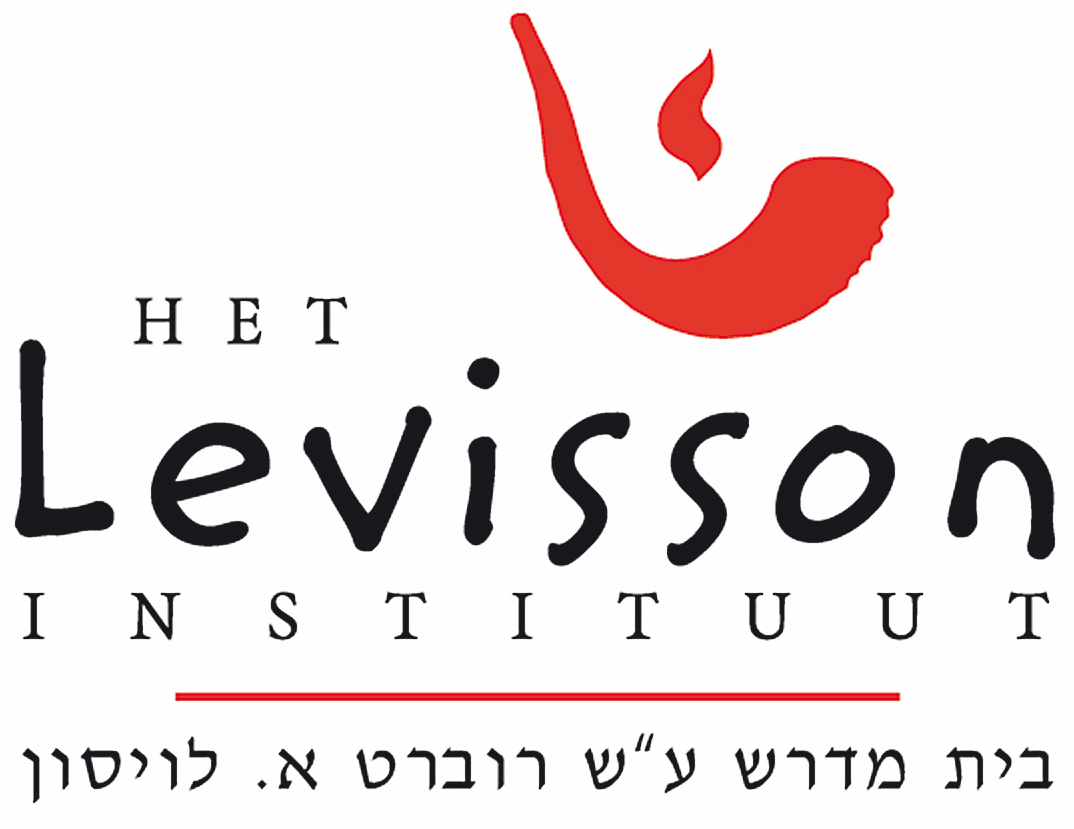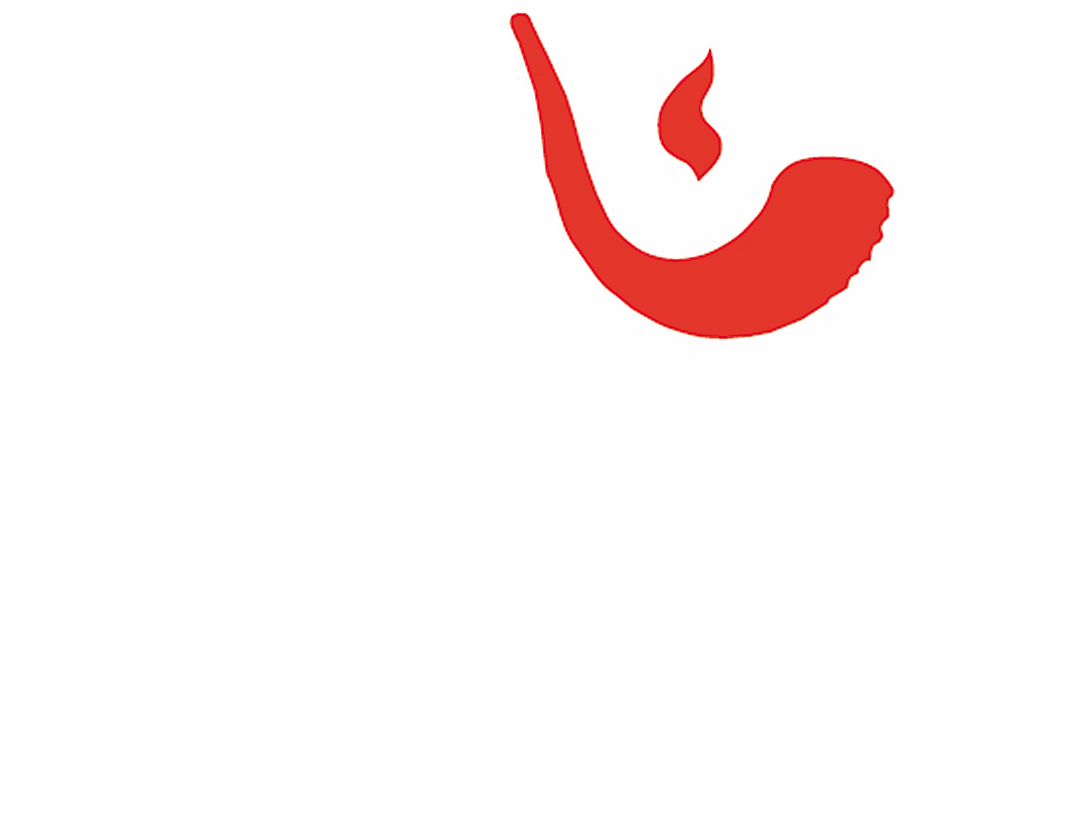Rabbinic programme
The rabbinic training is our first priority. The first group of 5 students were ordained in August 2008. Our 6th student received his semicha in September 2012, the 7th in May 2014 and the 8th in Januari 2019.
The Rabbinic course of study in principle takes five years to complete, but is tailor made for the student(s). A scholarship is not provided. Therefore the students need a job next to their study.
The course of study is divided into an academic and a professional (vocational) part. In the course of the training these two parts become more and more integrated.
The lecture program is mainly provided by the Levisson Institute itself. However, where modules are available at the University of Amsterdam or another academic institutions, the students register there and are then required to pass the University exams.
The lectures of the Institute are at an equal level with those at the universities, and are taught by the best, mainly Jewish, university lecturers available in The Netherlands. Some modules are taught by lecturers of universities or institutes abroad.
Admission Criteria
The admission criteria for the rabbinical training are:
- A BA degree or degree of equal worth, or University Entrance exam together with such professional experience that it is apparent that the student can complete the training satisfactorily.
- Clear involvement in and commitment to Liberal Judaism (Liberal, Reform, Progressive, Conservative, Reconstructionist).
- Being integrated into the Dutch-Jewish community (only regarding Dutch students).
- Fluent in the Dutch language, orally and written (non Dutch speakers level Staatsexamen NT2).
- Knowledge of Hebrew at an advanced level (minimal ulpan ramah gimel/dalet).
- Experience in teaching and leading groups.
- A formal statement from the Ministry of Justice that the student has no record of criminal behaviour (Verklaring Omtrent het Gedrag [VOG]).
- A candidate married to or permanently living together with a non-Jewish partner shall not be admitted to the training.
- If a student in the course of the training marries or begins living permanently with a non-Jewish partner, he/she can continue the training, but with the expectation that the partner will convert to Judaism before the end of the training. If this does not happen, the student will not be ordained.
The position of Rabbi in and of the community carries the implication that the personal life and lifestyle of a rabbinic student is a matter of significance. He/she holds a leadership position within and outside the Jewish community and his/her behaviour serves as a role model for many. This is why the student’s lifestyle and bahaviour are important elements as part of the admission procedure, albeit with full guarantees against any form of discrimination by gender, sexual orientation, race, colour or political beliefs.
Admission procedure
I. The candidate
- writes a letter of application in which he/she
a) states that he/she meets the criteria for admissions, and
b) gives an overview of trainings and courses that he/she has followed and completed in the past, with emphasis on such that are relevant to the rabbinic training. - encloses with the letter of application
a) a Curriculum Vitae and
b) a written motivation giving the reasons why he/she wants to be a Rabbi and what he/she thinks he can contribute in this position
c) a list of read/studied relevant literature, and
d) copies of diplomas and certificates obtained. - will as part of the procedure be required to demonstrate that he/she is able to finance the study.
The letter should be sent to the Dean via contact@levisson.nl
II. At least one interview follows with members of the Admission Committee about the contents of the letters and written motivation.
The members of the committee form a judgement about the suitability of the candidate, based on the above criteria and the personality of the candidate.
This judgement and a recommendation of actions to be taken are submitted to the full Academic Committee. The Academic Committee can accept the report of the Admission Committee or decide to conduct a more thorough investigation on areas they wish to explore.
A psychological test may be part of the further procedure.

